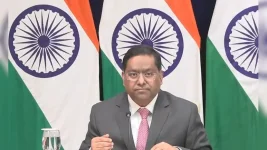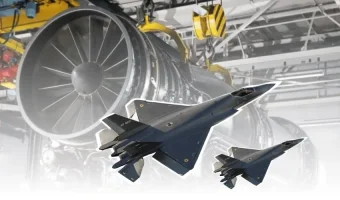- Views: 4K
- Replies: 14

India is reportedly on the brink of significantly bolstering its nuclear capabilities with the impending test and deployment of the Agni-VI intercontinental ballistic missile (ICBM), according to a report by the Federation of American Scientists.
This advanced missile system, expected to be operational by 2027, represents a major leap forward in India's strategic deterrence.
The Agni-VI is a solid-fueled, multi-stage missile designed to carry up to ten nuclear or thermonuclear warheads. Its Multiple Independently targetable Reentry Vehicle (MIRV) and Maneuverable Reentry Vehicle (MaRV) capabilities, coupled with decoy and chaff deployment, make it a formidable challenge to intercept. This enhanced accuracy and evasiveness significantly increase its strategic value.
Beyond its nuclear role, the Agni-VI, with a potential gross weight of 70 tonnes, can also launch military satellites into low Earth orbit. This Fractional Orbital Bombardment System (FOBS) capability provides India with additional strategic options and flexibility in its defence posture.
The development of the Agni-VI aligns with the recommendations of prominent strategic experts like Bharat Karnad, Brahma Chellaney, and Rakesh Krishnan Simha, who have long advocated for a robust ICBM force to enhance India's global strike capabilities.
While the DRDO Chief has previously denied the existence of the Agni-VI program, reports of its development persist both domestically and internationally. The upcoming full-range test, exceeding 9000km, is likely to draw considerable attention, particularly from Western media.
To mitigate potential diplomatic repercussions, it is speculated that India may officially declare a range of up to 9000km while conducting the test with a superheavy warhead. This strategy would effectively showcase the missile's capabilities without directly escalating tensions with other nuclear powers.
The Agni-VI's induction into India's strategic forces by 2027 will mark a significant milestone in the country's defence modernization efforts. It will not only strengthen India's nuclear deterrence but also enhance its position in the evolving global strategic landscape.


